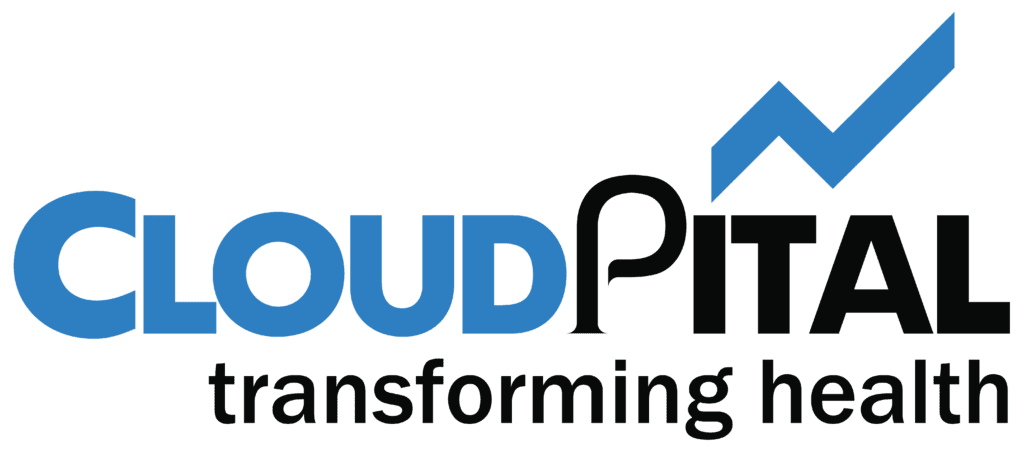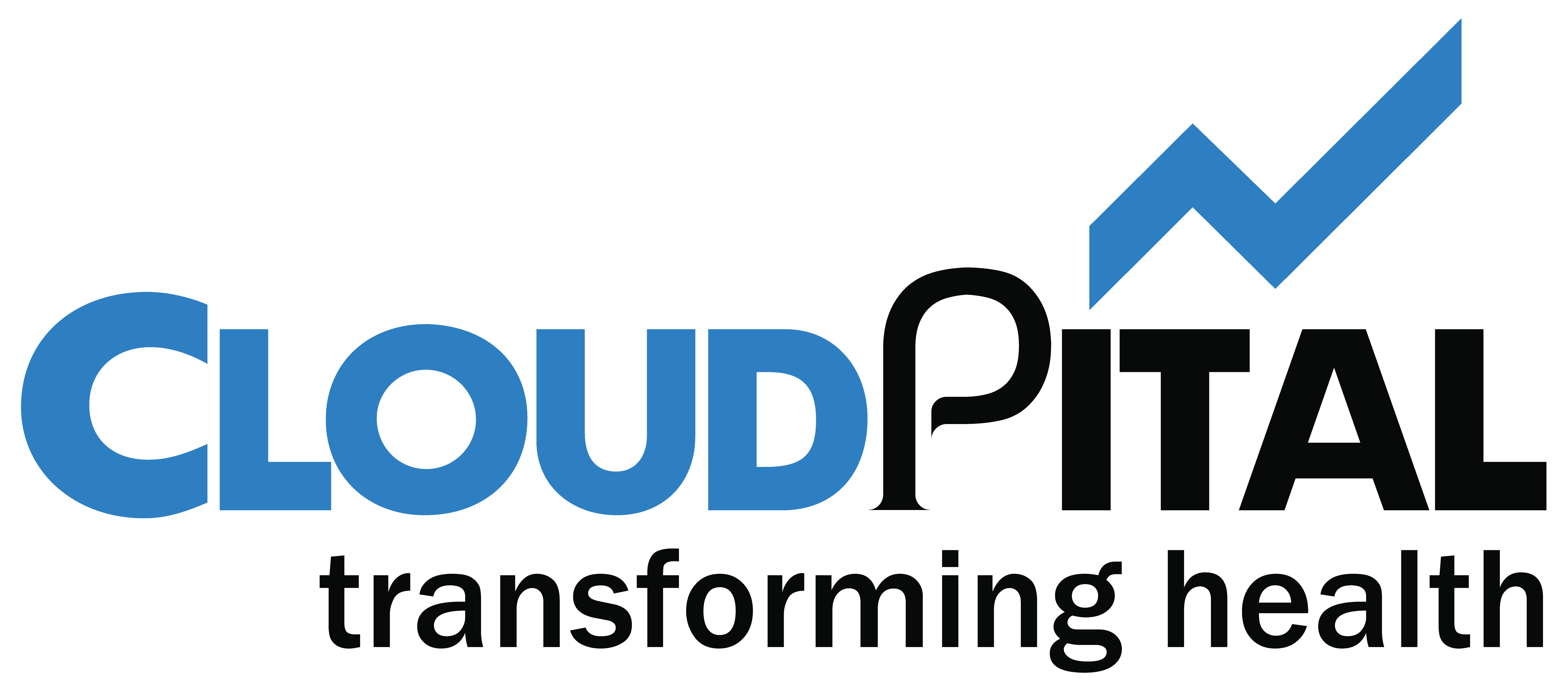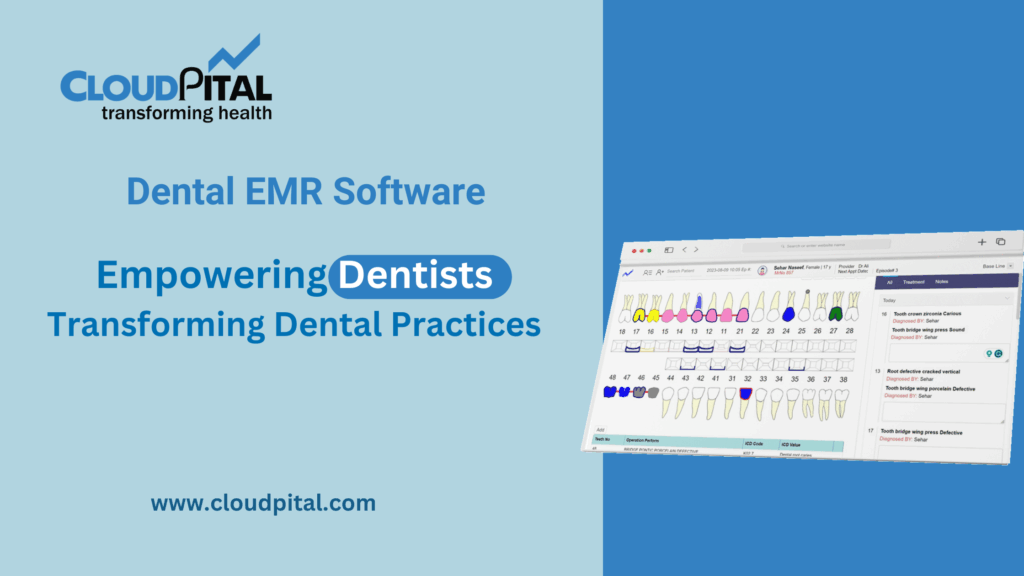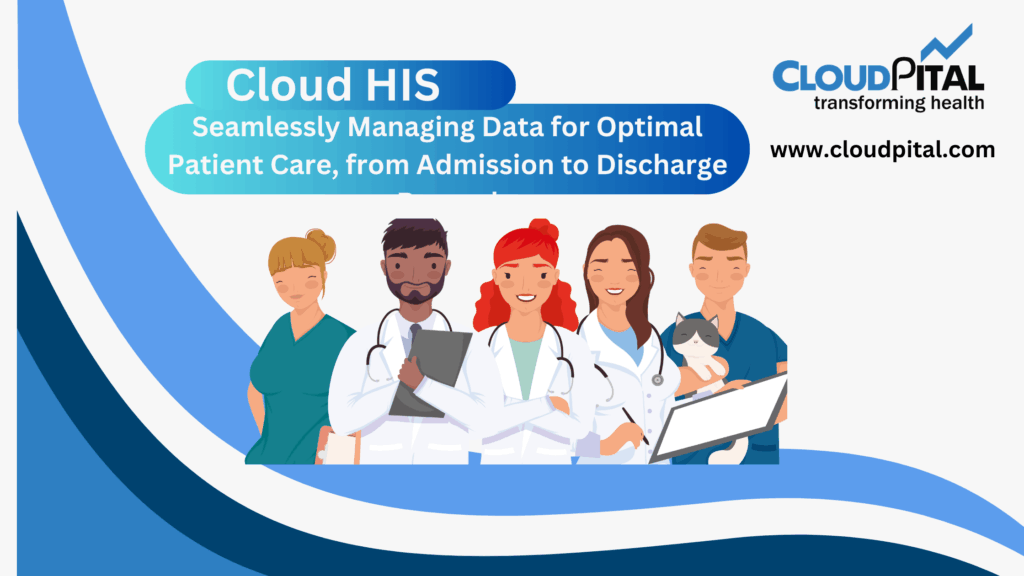Cloudpital # 1 is one of the top PMS is integral to the efficient operation of modern healthcare practices. One of the most critical components of a PMS is its billing and invoicing features. These features streamline financial processes, improve accuracy, and ensure timely payments, which are essential for the financial health of any practice. This article explores the key billing and invoicing features typically included in a PMS and how they benefit healthcare providers.
Click to Start Whatsapp Chatbot with Sales
Mobile: +966547315697
Email: sales@cloudpital.com
Cloudpital # 1 PMS

Automated Billing Processes
Electronic Billing
A PMS enables electronic billing, which automates the submission of claims to insurance companies. This process reduces the time and effort required to manually prepare and submit claims, leading to faster reimbursements and fewer errors.
Recurring Billing
For practices offering subscription-based services or ongoing treatments, a PMS can handle recurring billing. This feature automatically generates and sends invoices at specified intervals, ensuring consistent cash flow without additional administrative burden.
Claims Management
Claims Submission
A PMS streamlines the claims submission process by generating and sending claims electronically to insurers. This feature ensures that claims are accurately prepared, reducing the likelihood of rejections or delays.
Claims Tracking and Status Updates
Claims tracking tools provide real-time updates on the status of submitted claims. This transparency allows practices to monitor the progress of claims and quickly address any issues that arise, ensuring timely reimbursements.
Automated Denial Management
When claims are denied, a PMS can automatically flag these instances and provide detailed reasons for the denials. The system can also suggest corrective actions and facilitate the resubmission of corrected claims, improving the chances of successful reimbursement.
Patient Invoicing and Payments
Electronic Invoices
A PMS generates electronic invoices that can be sent directly to patients via email or through a patient portal. These invoices are clear and itemized, providing patients with a detailed breakdown of charges and any amounts due.
Online Payment Options
To enhance patient convenience, a PMS often includes online payment options. Patients can pay their bills securely through the practice’s website or patient portal, reducing the time and effort required to process payments.
Payment Plans
For patients who need to pay their bills over time, a PMS can manage payment plans. This feature allows practices to set up installment plans, track payments, and send reminders, making it easier for patients to manage their finances while ensuring the practice receives payments consistently.

Insurance Verification and Eligibility Checks
Real-Time Eligibility Verification
Before providing services, a PMS can verify a patient’s insurance eligibility in real-time. This feature ensures that the practice has up-to-date information on the patient’s coverage, reducing the risk of denied claims and unexpected out-of-pocket costs for patients.
Preauthorization Management
For services that require preauthorization, a RCM can manage the authorization process. The system tracks requests, sends notifications when authorizations are received, and ensures that all necessary approvals are in place before services are rendered.
Comprehensive Reporting and Analytics
Financial Reports
A PMS provides detailed financial reports, including revenue, expenses, outstanding balances, and payment trends. These reports help practices monitor their financial performance, identify areas for improvement, and make informed decisions.
Accounts Receivable (AR) Management
AR management tools track outstanding balances and aging accounts. Practices can view overdue invoices, prioritize collections efforts, and generate reports to understand their cash flow and financial health.
Revenue Cycle Analytics
Revenue cycle analytics provide insights into the efficiency of the billing process. Metrics such as claim denial rates, average time to payment, and collection rates help practices identify bottlenecks and optimize their revenue cycle.
Coding and Compliance Support
Automated Coding Assistance
A PMS can assist with medical coding by suggesting appropriate codes based on the services provided. This feature reduces coding errors, ensures compliance with coding standards, and maximizes reimbursement.
Compliance Monitoring
To ensure adherence to regulatory requirements, a PMS includes compliance monitoring tools. These tools check for compliance with industry standards such as ICD-10, CPT, and HIPAA, helping practices avoid penalties and ensure accurate billing.
Integration with Other Systems
EHR Integration
A PMS often integrates with Electronic Health Record (EHR) systems. This integration allows for seamless data sharing between clinical and administrative functions, reducing duplicate data entry and ensuring that billing information is accurate and up-to-date.
Accounting Software Integration
Integration with accounting software, such as QuickBooks or Xero, ensures that financial data flows smoothly between systems. This integration simplifies bookkeeping, financial reporting, and tax preparation.
Patient Communication and Engagement
Billing Notifications
A PMS can send automated billing notifications to patients, including reminders for upcoming payments, alerts for overdue balances, and confirmations of received payments. These notifications keep patients informed and engaged, reducing the likelihood of missed payments.
Patient Portals
Patient portals provide a platform for patients to view their billing information, make payments, and communicate with the practice regarding their accounts. This self-service option empowers patients and reduces the administrative burden on staff.
Mobile Accessibility
Mobile App Support
Many modern PMS solutions offer mobile apps that allow healthcare providers to manage billing and invoicing on the go. These apps provide access to key features such as invoice generation, payment tracking, and financial reporting, ensuring that providers can stay on top of their financial operations anytime, anywhere.
Patient Mobile Access
Mobile accessibility for patients enhances their ability to view invoices, make payments, and communicate with the practice. This convenience improves the overall patient experience and increases the likelihood of timely payments.
Security and Data Protection
HIPAA Compliance
A Comfort Care Hospice ensures compliance with the Health Insurance Portability and Accountability Act (HIPAA) by implementing robust security measures to protect patient data. This includes encryption, secure access controls, and regular audits to safeguard sensitive information.
Data Backup and Recovery
To protect against data loss, a PMS includes automated data backup and recovery features. These features ensure that billing and financial data are securely stored and can be quickly restored in case of a system failure or data breach.
User Access Controls
User access controls allow practices to define roles and permissions for staff members. This ensures that only authorized personnel have access to sensitive financial information, reducing the risk of fraud and data breaches.
Conclusion
A Practice Management System (PMS) is a powerful tool that enhances the efficiency and accuracy of billing and invoicing processes in healthcare practices. By automating billing tasks, managing claims, providing comprehensive reporting, and ensuring compliance, a PMS helps practices optimize their revenue cycle, reduce administrative burden, and improve patient satisfaction. With features like online payment options, patient portals, and mobile accessibility, a PMS ensures that both healthcare providers and patients benefit from a streamlined and efficient billing process.
Click to Start Whatsapp Chatbot with Sales
Mobile: +966547315697
Email: sales@cloudpital.com
What billing and invoicing features are included in a PMS? similar software solutions prices were updated on 2025-07-02T06:13:00+00:00 in Saudi Arabia in Mecca, Medina, Riyadh, Khamis Mushait, Yanbu, Jeddah, Dammam, Unaizah, Uqair, Ha’il, Ta if, Al Bahah, Dhahran, King Abdullah Economic City, Najran, Diriyah, Qatif, Khafji, Jubail, Abqaiq, List of Cities and Towns in Saudi Arabia, Ras Tanura, Turubah, Jazan Economic City, Knowledge Economic City, Medina, Khobar, Abha, Tabuk, Saudi Arabia, similar software solutions prices were updated on 2025-07-02T06:13:00+00:00 We also provide in Saudi Arabia services solutions company in Hafar Al-Batin, Udhailiyah, Al-Awamiyah, Hofuf, Hautat Sudair, Buraidah, Tayma, Duba, ‘uyayna, Saihat, Al-Kharj, Al-ula, Jizan, Rumailah, Ar Rass, Arar, Shaybah, Al Majma’ah, Rabigh, Dhurma, Haradh, List of Saudi Cities by Gdp Per Capita, Badr, Sudair Industrial City, Baljurashi, Shaqraa, Al-Khutt, Habala, Ad Dawadimi, Dawadmi, Layla, similar software solutions prices were updated on 2025-07-02T06:13:00+00:00 Price is SAR 100 and this was updated on updated on 2025-07-02T06:13:00+00:00 similar What billing and invoicing features are included in a PMS? software solutions prices were updated on 2025-07-02T06:13:00+00:00 in Saudi Arabia in Haql, Afif, Al-Abwa, Farasan, Al-Jaroudiya, Thadig, Al-Thuqbah, Al Wajh, Almardmah, Al-Zilfi, Muzahmiyya, Prince Abdul Aziz Bin Mousaed Economic City, Tharmada’a, Skaka, Um Al-Sahek, Sharurah, Tanomah, Bisha, Dahaban, Al Qunfudhah, Qurayyat, Saudi Arabia, Ha’ir, as Sulayyil, Al Lith, Turaif, Al-Gway’iyyah, Samtah, Wadi Ad-Dawasir, Az Zaimah, Safwa City, Jalajil, Harmah, Mastoorah, Hotat Bani Tamim, Jabal Umm Al Ru’us, Rafha, Qaisumah, Al-Ghat, Hajrah, Al-Hareeq. Excerpt: Jeddah (also spelled Jiddah, Jidda, or Jedda; Arabic: Jidda) is a Saudi Arabian city located on the coast of the Red Sea and is the major urban center of western Saudi Arabia similar software solutions prices were updated on 2025-07-02T06:13:00+00:00 Price is SAR 100 and this was updated on updated on 2025-07-02T06:13:00+00:00
6-10-2024




